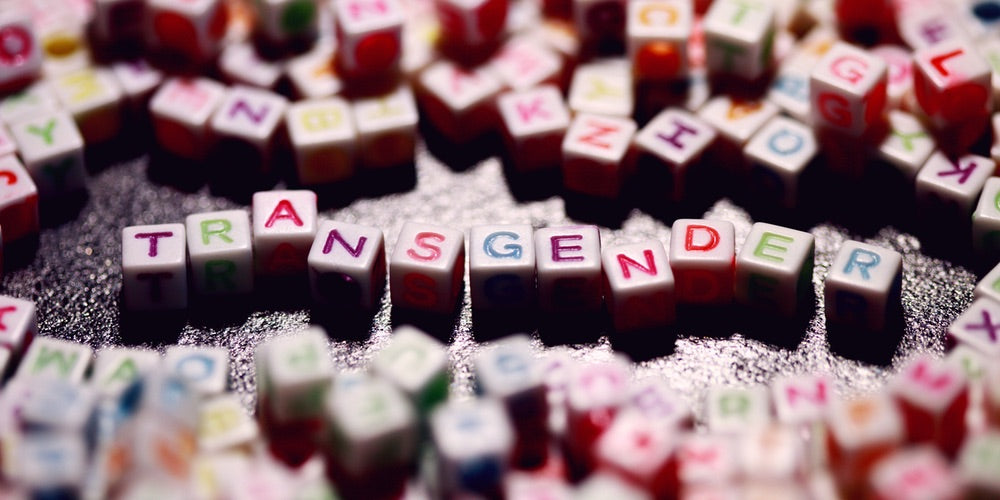Your Cart is Empty
If you've been on Instagram recently, you'll notice a new profile feature that allows you to choose to display your pronouns. Although many people have included their gender pronouns in their bios for a while now, this feature is now a permanent fixture, a small win for the queer community. Pronouns have become an integral part of the LGBTQ experience and the ongoing conversations on gender inclusivity.
We're going to break down the basics of what a pronoun is and why it is so important to the LGBTQ community.
What are pronouns?
In the English language, personal pronouns are used to identify an individual through the third person. When speaking about a single person, pronouns will tend to be gender specific. For example, she/her would refer to a girl/woman and he/him to a boy/man. People will often refer to an individual's pronouns based on the assumption of their appearance or name.
What are the different types of pronouns?
Binary gender pronouns (she/her and he/him) are used to refer to someone identifying as a man or a woman. However, plural pronouns they/them can also be used as a singular pronoun for non-binary, gender-fluid and other non-gender-conforming identities. Some may even use multiple gender pronouns (like They/Them/She/Her) or go by any pronouns. Recently pronouns such as 'ze/hir' have also been used to identify someone who may not identify with the examples above.
There are always new and emerging pronouns that are propping up. So if you haven't found any pronouns that match your identity, resources like mypronouns.org and the University of Wisconsin Milwaukee have helpful lists of known pronouns and tips on exploring or even creating your own pronouns.
Why are pronouns so important?
Because pronouns are associated with a person's assumed gender identity, it can lead to issues, especially when someone doesn't know a person's gender identity. For transgender folks, this can lead to serious problems like misgendering. It also implies that intersex, non-binary, gender non-conforming, or gender fluid people are only limited to gender-specific pronouns. Pronouns are often an indicator of a person's gender (or non-gender) identity, which means it's vital to know how the person identifies before assuming their pronouns.
However, one of the best ways to avoid awkward encounters, is to share your own pronouns. For in-person situations, this can be done through a simple introduction, like "My name is Angie, and I go by she/her." You can even include your pronouns on your social media accounts or in your email signature. Even if you are cisgender, sharing your pronouns can help to normalise the practice of letting others know that they are safe to share their own.


